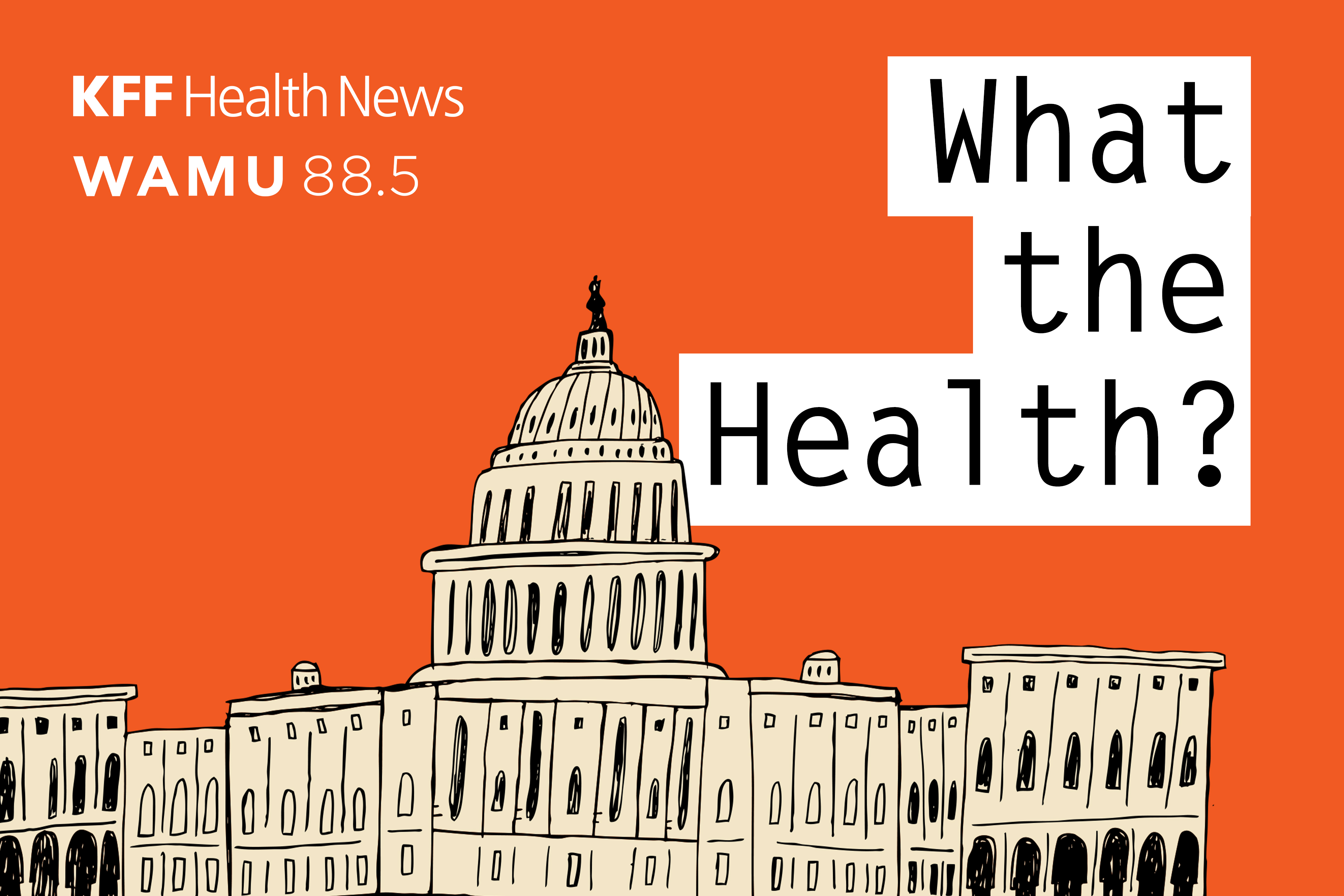In the United States, nearly half of the people under the age of 65 get their health insurance from an employer. But the downside of having health insurance linked to employment is that losing your job will also mean losing your health insurance, adding stress to an already stressful situation. Fortunately, when it comes to obtaining health insurance for the unemployed, consumers have several coverage options to consider.
Let’s take a look at the options:
1. ACA Marketplace individual and family health insurance
Can I enroll in ACA marketplace insurance as soon as I’ve lost my job?
If you’ve lost your job-based health insurance – whether due to layoff or other termination – you’ll likely be able to enroll in an ACA-compliant health plan and not face a gap in coverage. The loss of your employer-sponsored coverage will make you eligible for a special enrollment period (SEP) due to the loss of your employer-sponsored health plan. You won’t have to wait for the next annual open enrollment period to enroll if you’re eligible for a SEP. And most Marketplace enrollees are eligible for income-based subsidies, described below.
How long is the special enrollment period for ACA coverage if I lose employer-sponsored health coverage?
Your special enrollment period starts 60 days before your current employer-sponsored plan ends. If you enroll in Marketplace coverage before your coverage loss, your new plan will take effect the first of the month after your old plan ends, which means you’ll have seamless coverage if your old plan is ending on the last day of the month.
In most states, you also have the option to avoid a gap in coverage even if your old plan is ending mid-month. This option will let you enroll before the month that your old plan ends and have your new plan start the first of the month that your old plan ends.
You’ll then have an overlap in coverage for the first part of that month, instead of a gap in coverage for the latter part of the month (you would be responsible for your portion of the employer-sponsored plan premium as well as your portion of the premium for the new plan during the overlapping coverage days). (This option to have overlapping coverage instead of a gap in coverage is available in states that use HealthCare.gov, but optional for state-run exchanges.)
Your special enrollment period also continues for 60 days after your coverage loss, although you’d have a gap in coverage if you wait and enroll after your old plan ends, since your new plan can’t take effect retroactively.
If you’re in that situation, you might find that a short-term health plan is a good option for bridging the gap until your new plan takes effect. Short-term plans won’t cover pre-existing conditions and are not regulated by the Affordable Care Act (ACA). So it’s important to understand that they are not suitable to serve as a long-term coverage alternative.
What can I do if my income is too low for ACA subsidies?
To qualify for premium subsidies for a plan purchased in the Marketplace, you must not be eligible for Medicaid, premium-free Medicare Part A, or an affordable employer-sponsored plan (defined as costing no more than 9.02% of household income in 2025, or 9.96% of household income in 2026) – and your income has to be at least 100% of the federal poverty level.
In most states, the ACA’s expansion of Medicaid eligibility provides coverage to adults with household income up to 138% of the federal poverty level, with eligibility determined based on current monthly household income (not annual household income). So if your income has suddenly dropped to $0, you’ll likely be eligible for Medicaid and could transition to Medicaid when your job-based coverage ends. (See more on this below.)
Unfortunately, there are still nine states where most adults face a coverage gap if their household income is below the federal poverty level. They aren’t eligible for premium subsidies in the Marketplace, and also aren’t eligible for Medicaid.
And keep in mind that subsidy eligibility in the Marketplace is based on your household income for the whole year, even if your current monthly income is below the federal poverty level. So if you earned enough earlier in the year to be subsidy-eligible, you can enroll in a plan with subsidies based on that income, despite the fact that you might not earn anything else for the rest of the year.
But be aware that if you get rehired at a new job later in the year, the income from that job will be counted as part of your total household income, and could affect whether you have to repay some or all of the subsidy that was used to reduce your premium payments. Also know that if you become eligible for a new employer’s health plan later in the year, you will no longer be eligible for subsidies in the Marketplace as of the month that you could enroll in the employer’s plan (assuming the employer’s plan is considered affordable and provides minimum value).
2. COBRA continuation of group coverage
COBRA coverage vs Marketplace health insurance
COBRA
Marketplace plan
Premiums
Full cost of your current group coverage (including the portion the employer has been paying) + up to a 2% admin fee
Varies by plan. After subsidies, the average Marketplace enrollee pays about $106/month in 2025.
Subsidy availability
Optional, but some employers may offer a COBRA subsidy
93% of Marketplace enrollees qualify for premium subsidies in 2024. The average subsidy amount in 2025 is $550/month.
Enrollment window
You have 60 days to elect COBRA. This window starts on the later of the date your employer-sponsored plan would otherwise end, or the date you’re given the election notice.
You have a special enrollment period that starts 60 days before the end of your employer-sponsored plan and continues for 60 days after the loss of coverage.
Coverage effective date
Your group coverage will continue uninterrupted.
If you enroll before the group coverage ends, your Marketplace plan will take effect the first of the month after your group plan ends (or possibly earlier, if the plan is ending mid-month). If you enroll in the 60 days following the end of your group coverage, your Marketplace plan can take effect the first of the month following your enrollment (you will have a gap in coverage, but you also retain the option to elect COBRA anytime in that same 60-day window, giving you the option to ensure seamless coverage).
Length of coverage
Can last for up to 18 or 36 months, depending on the circumstances.
Coverage renews each year on January 1, but can continue indefinitely as long as you continue to pay any monthly premiums that are due.
Out-of-pocket costs
You’ll be continuing the same coverage you had while employed, so nothing will change about your accumulated out-of-pocket costs for the year.
Out-of-pocket costs vary by plan, but you’ll be starting over at $0 in accumulated out-of-pocket costs for the year, regardless of how much you’ve already spent under the employer-sponsored plan. Depending on income and the plan you choose, you might be eligible for cost-sharing reductions
Provider network
Your plan will continue, so your provider network won’t change (unless providers change their agreement with the plan, which will affect both current employees and COBRA enrollees).
Varies by plan. Insurers can have different provider networks for their group and individual plans, so your provider network might be different even if you pick a Marketplace plan from by the same insurer that operated your employer-sponsored plan.
3. Medicaid
Since I was laid off, is Medicaid an option for me?
Medicaid may be an option for you, depending on where you live. If you’re in a state that has expanded Medicaid, coverage is available if your income is up to 138% of the federal poverty level. (Above that level, premium subsidies are available, ensuring that Marketplace enrollees do not have to pay more than 8.5% of their income for the benchmark plan in 2025. But this percentage will increase in 2026 — and there will be no cap for enrollees with income above 400% of the federal poverty level — if the federal subsidy enhancements are not extended by Congress.)
If your state has not expanded Medicaid, eligibility is significantly more restricted. (Read our summary of Medicaid eligibility guidelines for each state.) Contact your state Medicaid office or the exchange to see if you could qualify for Medicaid until you get another job.
Assuming you’re in a state that has expanded Medicaid, you’ll qualify for Medicaid during the time that you have no income. You can then switch to a private plan in the Marketplace (with subsidies if you’re eligible) or to an employer-sponsored plan if you get a job later in the year and your total annual household income is going to end up being more than 138% of the poverty level. You’ll have the opportunity to make that coverage change if and when your income increases.
If you’re in the coverage gap because you’re in a state that hasn’t expanded Medicaid and your income is below the poverty level, you’ll have an opportunity to enroll in a subsidized health insurance plan through the exchange later in the year if you find a job that puts your income at or above the federal poverty level (assuming the job doesn’t offer health insurance and you need to purchase your own coverage). This enrollment opportunity for people leaving the coverage gap was part of a rule change that took effect in 2015.
4. Insurance through a spouse’s health plan
Should I enroll in my spouse’s health plan if I’m losing my job and my health insurance?
Enrolling in your spouse’s health plan might be a good option if you’re losing your job and your health insurance. The loss of your own employer-sponsored health coverage will count as a qualifying life event that allows your spouse to add you to your spouse’s employer’s health plan.
You’ll want to find out how much your spouse’s payroll deduction for the health plan will increase once you’re added to the plan. (Your spouse’s employer or HR representative will be able to provide this information.) You’ll also want to make sure you understand how the plan’s coverage will work in terms of any medications you take or any medical providers you’re currently seeing. It’s also important to understand that any accumulated out-of-pocket costs you accrued earlier in the year will not transfer to your spouse’s plan. You’ll be starting over at $0 in out-of-pocket spending, so you’ll want to make sure you know how much the deductible and other out-of-pocket exposure is on your spouse’s plan.
The special enrollment period for your spouse’s employer-sponsored plan will only last for 30 days.[footnote “29 CFR § 2590.701-6 Special enrollment periods” (Section (4)(i)) Electronic Code of Federal Regulations. Accessed April 5, 2024] So you have to make this decision sooner than you would have to for electing COBRA or enrolling in an individual/family plan.
5. Short-term health insurance
Should I consider short-term health insurance if I’m getting laid off and losing my health plan?
In most circumstances, short-term health coverage is probably not going to be your best option if you’re losing your health insurance due to a job loss. Short-term policies are not comprehensive and cannot be considered a substitute for ACA-compliant health coverage. As described above, you’ll qualify for a special enrollment period that will let you enroll in other coverage, including an ACA-compliant individual/family plan, or another employer’s plan.
ACA-compliant plans are much more robust than most short-term health plans, due to the regulations ACA-compliant plans have to follow. For example — unlike ACA-compliant individual market policies — short-term policies do not have to cover essential health benefits, can impose caps on how much they’ll pay for covered care, and generally do not cover pre-existing conditions. And most people are eligible for subsidies that will cover some or all of the premiums for ACA-compliant coverage if they purchase the plan on the Marketplace.
But the opportunity to switch to an ACA-compliant plan after the loss of other coverage is time-limited. If you wait more than 60 days after you lose your job, you’ll find that you cannot sign up for ACA-compliant coverage (unless it happens to be during the annual open enrollment period). In that case, a short-term health plan might be considered your best choice, as your coverage options are generally limited at that point.
Before you opt for short-term coverage, you’ll want to check to see if you’re eligible for Medicaid, which is open year-round, or a state-run plan that has more enrollment flexibility, such as a Basic Health Program (available in Minnesota and Oregon, and a similar program is available in New York) or the state-funded coverage programs available in Massachusetts and Connecticut. But if there are no other options available, a short-term plan could be temporary coverage solution, if short-term plans are available in your state.
Frequently asked questions
When does health insurance coverage expire after losing a job?
The date of coverage termination varies from one employer to another, as there are no specific rules for this. Employers will often continue the coverage through the end of the month when your employment ends, but they can also terminate the coverage as early as your last day of work. So you’ll need to check with your employer to be sure you understand when your coverage will end.
How much does health insurance cost without employer-sponsored insurance?
The cost of health insurance without a job will depend on whether you elect COBRA, enroll in your spouse’s employer’s plan, or enroll in an individual/family health plan through the Marketplace. All of these have different prices depending on the plan and your circumstances, and the details are discussed above. If your household income is low after leaving your job, you might find that you’re eligible for Medicaid, which has no monthly premiums in most states.
What is the best health insurance if I’m unemployed?
There’s no “best” health insurance for an unemployed person, since the specifics will depend on your circumstances. You can choose to enroll in an individual or family plan through the health insurance Marketplace in your state. Or you may have access to COBRA or your spouse’s health plan, or even Medicaid.
Louise Norris is an individual health insurance broker who has been writing about health insurance and health reform since 2006. She has written hundreds of opinions and educational pieces about the Affordable Care Act for healthinsurance.org.



























